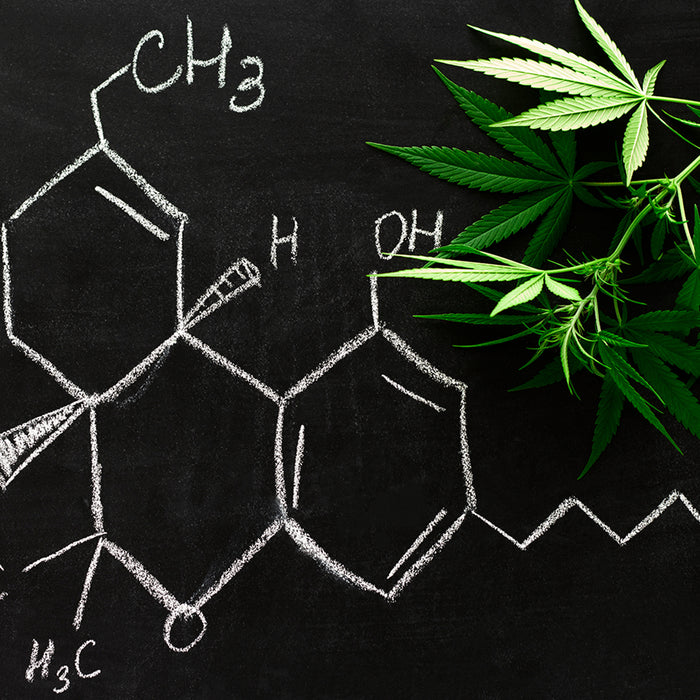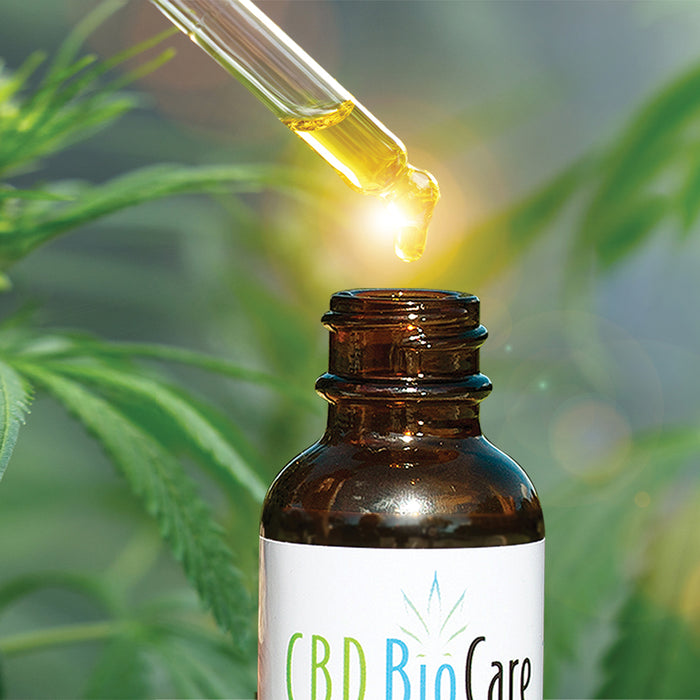How much CBD should you take?

It's a tough question to answer
That question depends on two things, your own endocannabinoid system and the reason you are seeking a CBD product. You will see recommended servings on the bottle you purchased, however that serving is only a suggestion. You can start with several drops and increase or decrease as needed. The first bottle will be a bit of a test bottle to figure out what works for you. You may find you take different amounts for different ailments. For example, you may take 24 drops for sleep but just 12 for stress. The first bottle allows you to figure it out before buying again. Once you have a good idea about what you need to take to receive results, you can choose the right concentration, which will save you money.
There are three different suggested levels of servings: Micro, Standard, and Macro, depending on the condition. Everyone’s endocannabinoid system, (ECS) is unique, one size does not fit all. Please read more about ECS below. Here is an excerpt from “CBD: A Patient's Guide to Medicinal Cannabis--Healing without the High" by Leonard Leinow, Juliana Birnbaum, Michael H. Moskowitz. Micro servings are considered a low level, in the range of 0.5 mg to 20 mg of CBD per serving per day. Micro servings can be helpful for sleep, headache, mood disorders, nausea, PTSD, stress, and metabolic disorders. Standard servings are the mid-range, between 10 mg to 100 mg of CBD per day. Standard servings have been shown to be helpful for pain, inflammation, autoimmune disorders, Lyme disease, anxiety, depression, arthritis, some mental disorders, fibromyalgia, multiple sclerosis, inflammatory bowel syndrome, autism, and weight loss. Macro (or therapeutic) servings are at the high range, between 50 mg and 800 mg of CBD per day. Servings at this level are often used to assist with severe or life-threatening conditions.
Endocannabinoid System
The Endocannabinoid system is known as the fourth regulatory system in the body. However, many well-trained physicians and medical professionals don’t know it exists because it wasn’t even discovered until the 1990’s. Israel Scientist, Dr. Raphael Mechoulam is now known as the “father” of cannabinoids. He states that each one of us has a unique endocannabinoid system that helps our bodies regulate appetite, sleep, pain, mood, memory, our immune system and so much more. The ECS consists of cannabinoids and cannabinoid receptors. When cannabinoids such as CBD and THC enter the body, the ECS system is activated because these molecules attach to those receptors. There are two types of cannabinoid receptors, CB1 and CB2. When cannabinoids bind to these receptors they cause changes in how cells function. THC primarily binds to CB1 receptors which are primarily found in the brain and are responsible for the intoxicating effects of marijuana. CBD primarily binds to CB2 receptors which are found throughout the body and are responsible for a wide range of biological functions. Your body and your ECS is unique and is not based on weight, therefore finding your right serving size is achieved through patience and a bit of trial and error.
Reasons to take CBD
There are literally dozens of reasons people just like you are hoping a full spectrum CBD product is right for them. Here are the most common reasons:
- Pain
- Inflammation and Inflammatory Diseases
- Sleep
- Stress and Anxiety
- Seizure / Tremors
- Bone Growth
- Anti-Bacterial
- Auto Immune Disease
- Diabetes
- Neurological issues / disease



